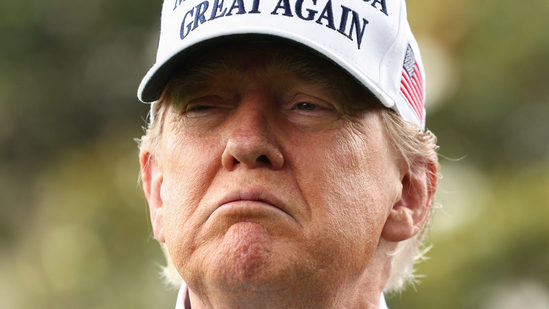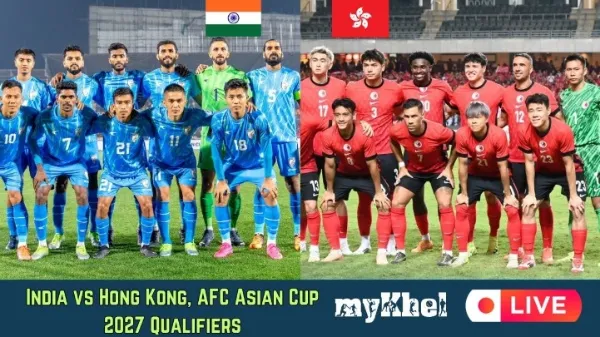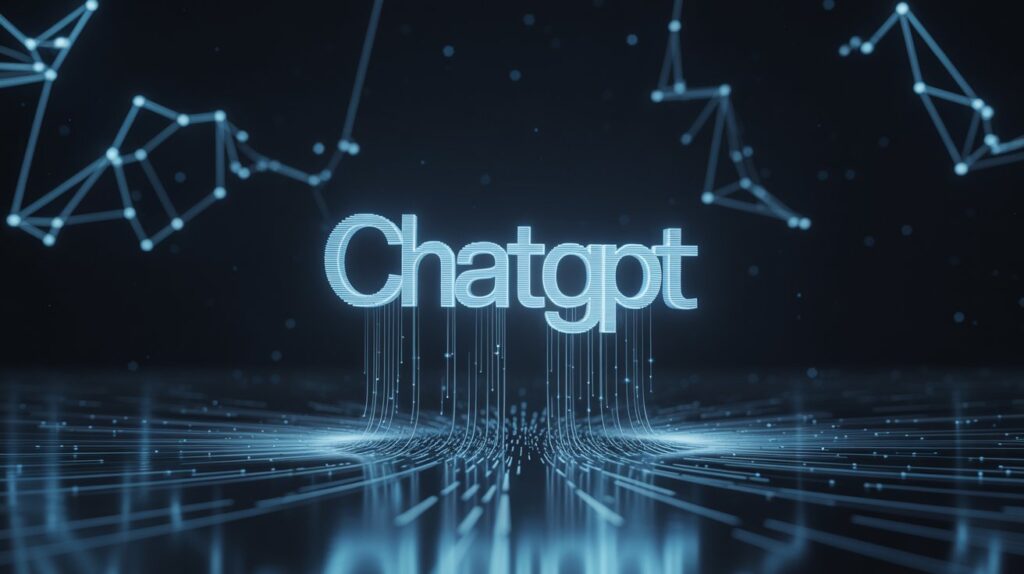
Trump on Pakistan Army Chief: ‘Asim Munir Was Extremely Influential’ – What It Means
Washington, D.C. – Former U.S. President Donald Trump made headlines this week after a private lunch with Pakistan Army Chief General Asim Munir at the White House, calling him “an extremely influential figure in maintaining regional peace.” The meeting has raised eyebrows in India and among foreign policy experts, given its timing and diplomatic implications.
A White House Meeting That Sparked Global Reactions
The closed-door lunch between Trump and General Munir, held on June 17, 2025, is being viewed as a significant moment in U.S.–Pakistan military diplomacy. It’s rare for a high-ranking military official from Pakistan to receive such direct engagement in Washington, let alone personal praise from a former U.S. President.
Trump, addressing the press after the lunch, said:
“General Asim Munir was extremely influential. He played a major role in de-escalating recent tensions in the subcontinent, alongside India’s Prime Minister Modi. We avoided a major war because of these leaders.”
Context: Tensions in South Asia
In May 2025, India and Pakistan faced renewed border tensions following a terrorist attack in Kashmir that led to cross-border artillery fire. Although the situation did not escalate into a full-scale conflict, diplomatic backchannels remained active—and now Trump is attributing the de-escalation to the efforts of both Munir and Modi.
Trump’s comments signal a renewed recognition of Pakistan’s military establishment in regional security efforts.
Why This Meeting Matters
Key Takeaways from the Trump–Munir Lunch:
- Strategic Diplomacy: Trump’s praise highlights a shift in U.S. perception of Pakistan’s role in regional stability.
- High-Level Engagement: The White House lunch was the first such publicized meeting involving a Pakistani military chief since 2001.
- India’s Reaction: Indian officials have expressed concern over U.S. acknowledgment of Pakistani influence, especially post-conflict.
- Potential Signals: Some analysts see this as a subtle move ahead of the U.S. 2024 elections, aimed at strengthening Trump’s foreign policy image.
Reactions from India and the Global Stage
While the meeting was well received in Islamabad, New Delhi maintained a reserved stance, stating that India’s bilateral security strategy is independent and not reliant on external mediation.
Indian Foreign Affairs spokesperson Arindam Bagchi noted:
“Peace and stability in the region depend on India’s firm commitment to counterterrorism and not third-party remarks.”
On social media, the event quickly gained traction with hashtags like #TrumpMunirMeet and #ModiTrumpPakistan trending across platforms.
Munir’s Growing Influence
General Asim Munir, who assumed command of the Pakistan Army in 2022, has built a reputation for assertive leadership and diplomacy. His meeting with Trump signals that Pakistan’s military remains a key player in geopolitical decision-making, especially in South Asia and the Middle East.
Political observers also point out that this could hint at broader cooperation on counterterrorism and Afghanistan-related strategy in the near future.
Possible Implications for South Asia
The Trump–Munir interaction could influence a range of issues including:
- India–Pakistan ceasefire durability
- U.S.–Pakistan intelligence cooperation
- Election-year foreign policy narratives in the U.S.
- Arms and security policy in the Indo-Pacific region
Conclusion: What to Watch Next
This high-profile lunch meeting has rekindled global interest in South Asian diplomacy. With Trump potentially eyeing a political comeback, and Munir solidifying his leadership status, their interaction could shape diplomatic narratives heading into 2026.
Will this be a one-off meeting, or the start of deeper strategic engagement between the U.S. and Pakistan’s military? Only time will tell—but for now, the world is watching closely.
Stay tuned to Newszery.com for in-depth updates on U.S.–South Asia relations.




